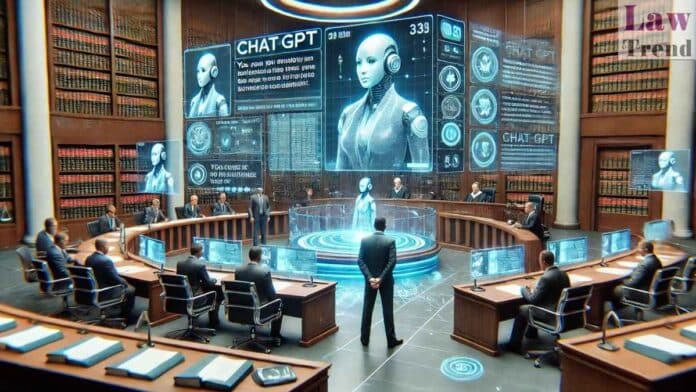In a landmark approach to integrating modern technology into judicial processes, the Punjab and Haryana High Court sought assistance from artificial intelligence, specifically ChatGPT, to understand the efficacy of Differential GPS (DGPS) in resolving a property dispute. The judgment, delivered by Justice Deepak Gupta, highlighted the importance of DGPS in achieving precision and fairness in




